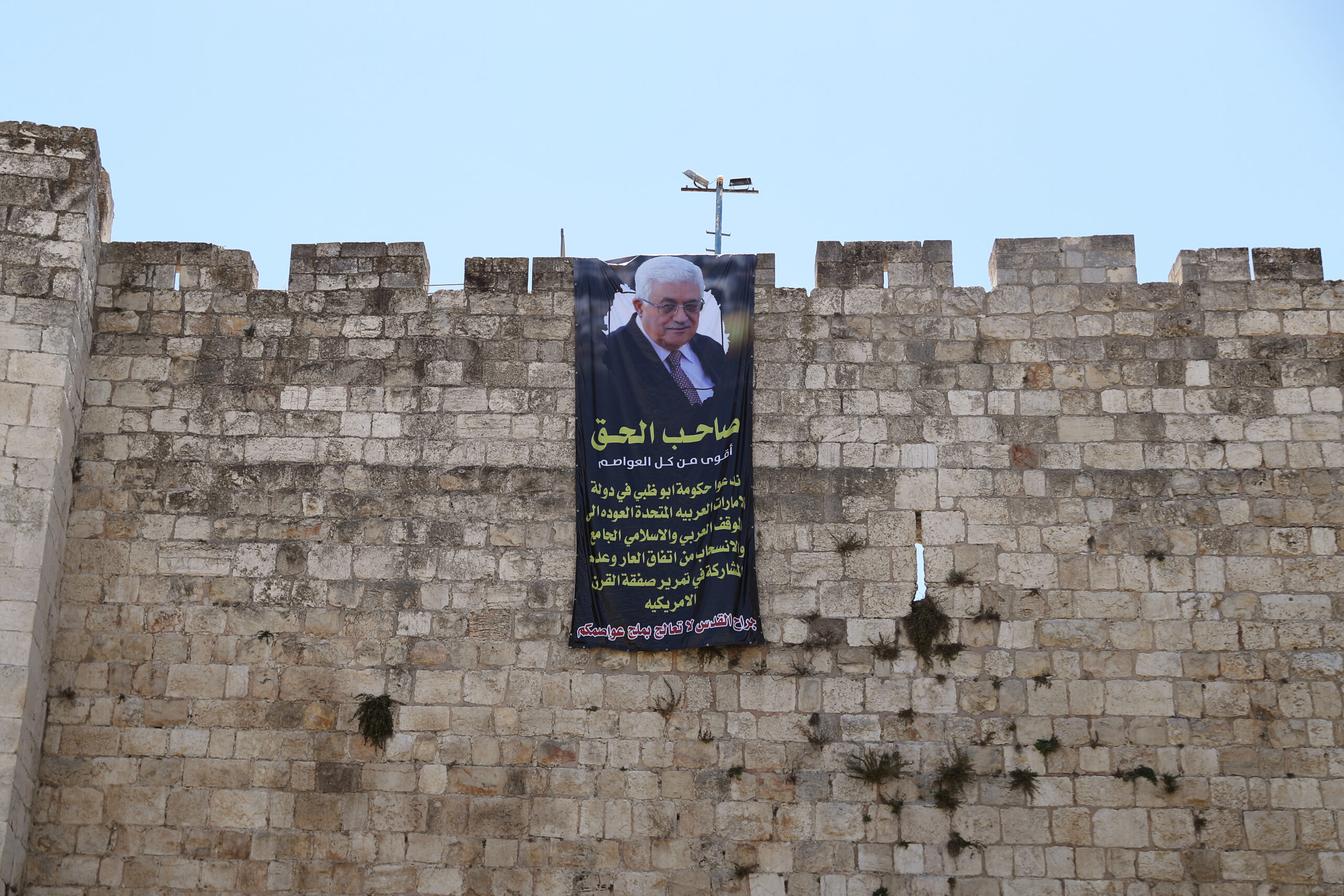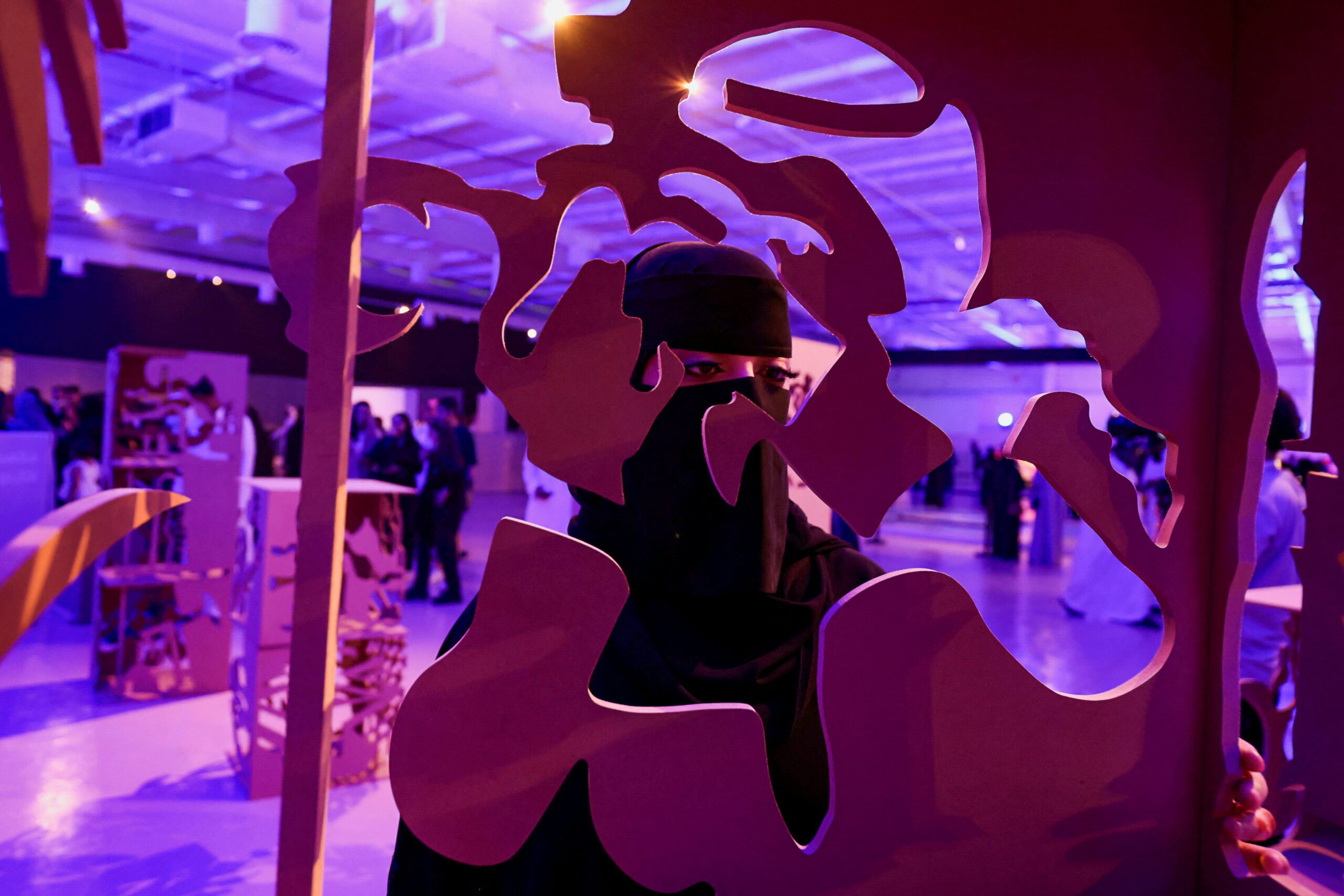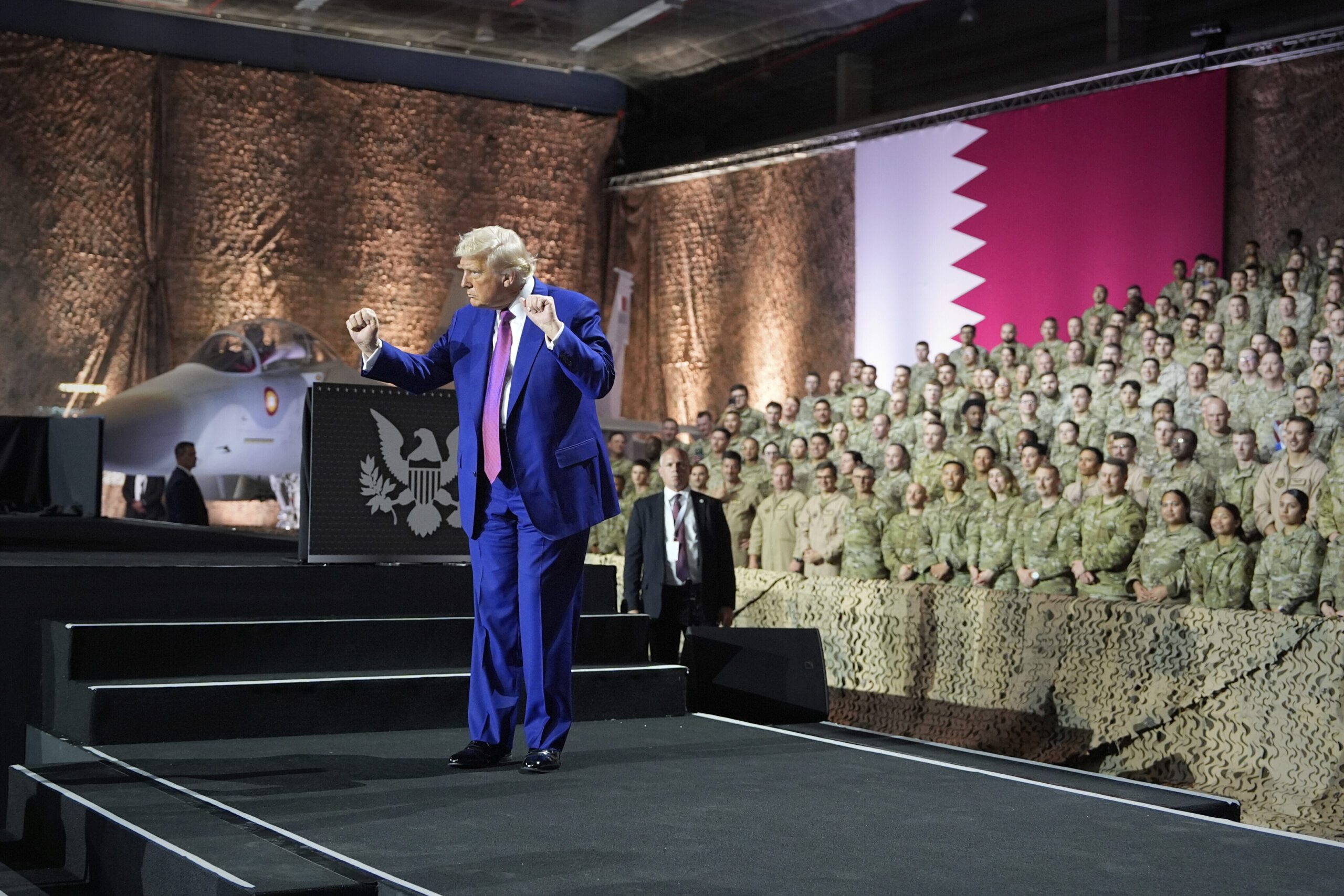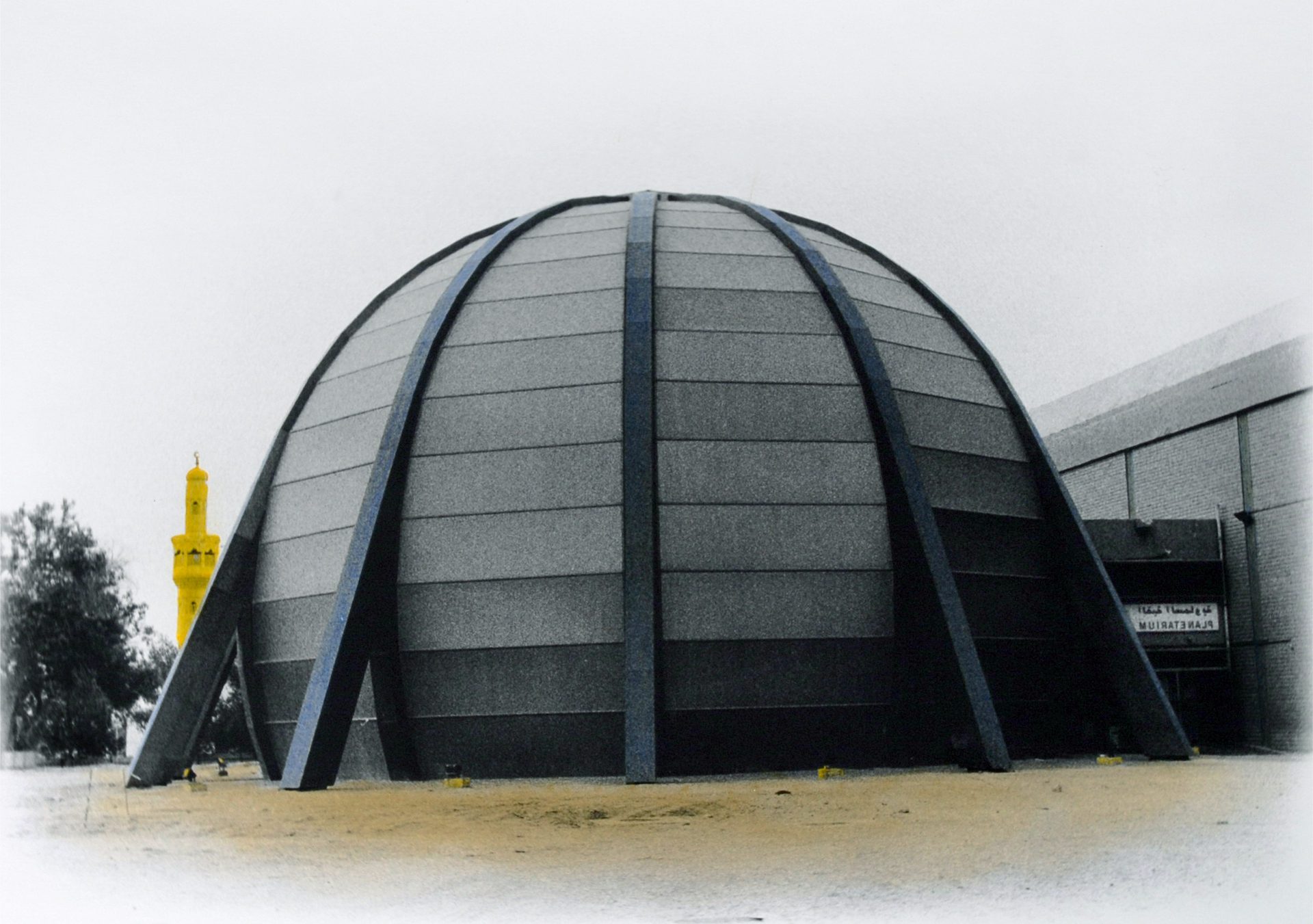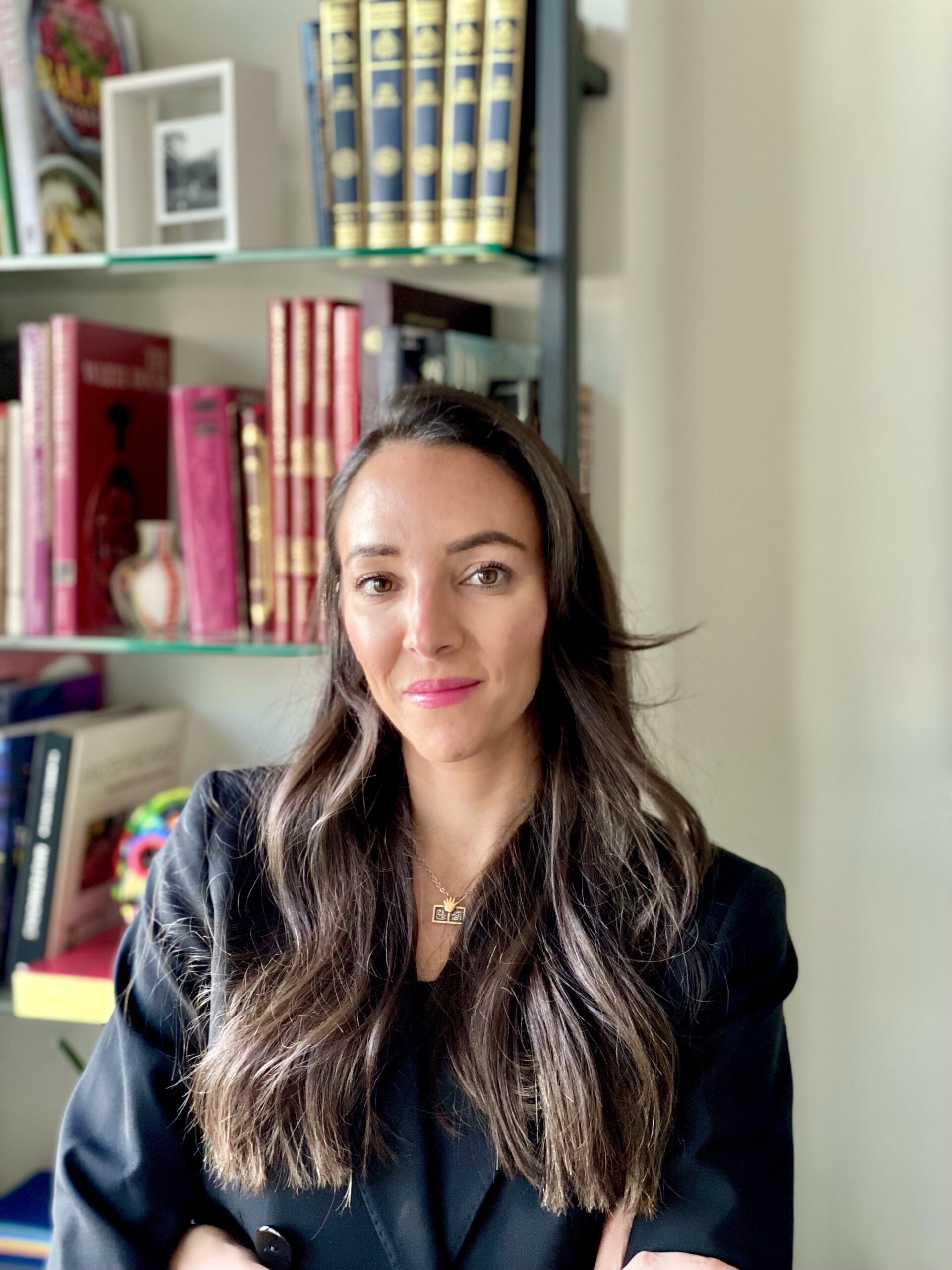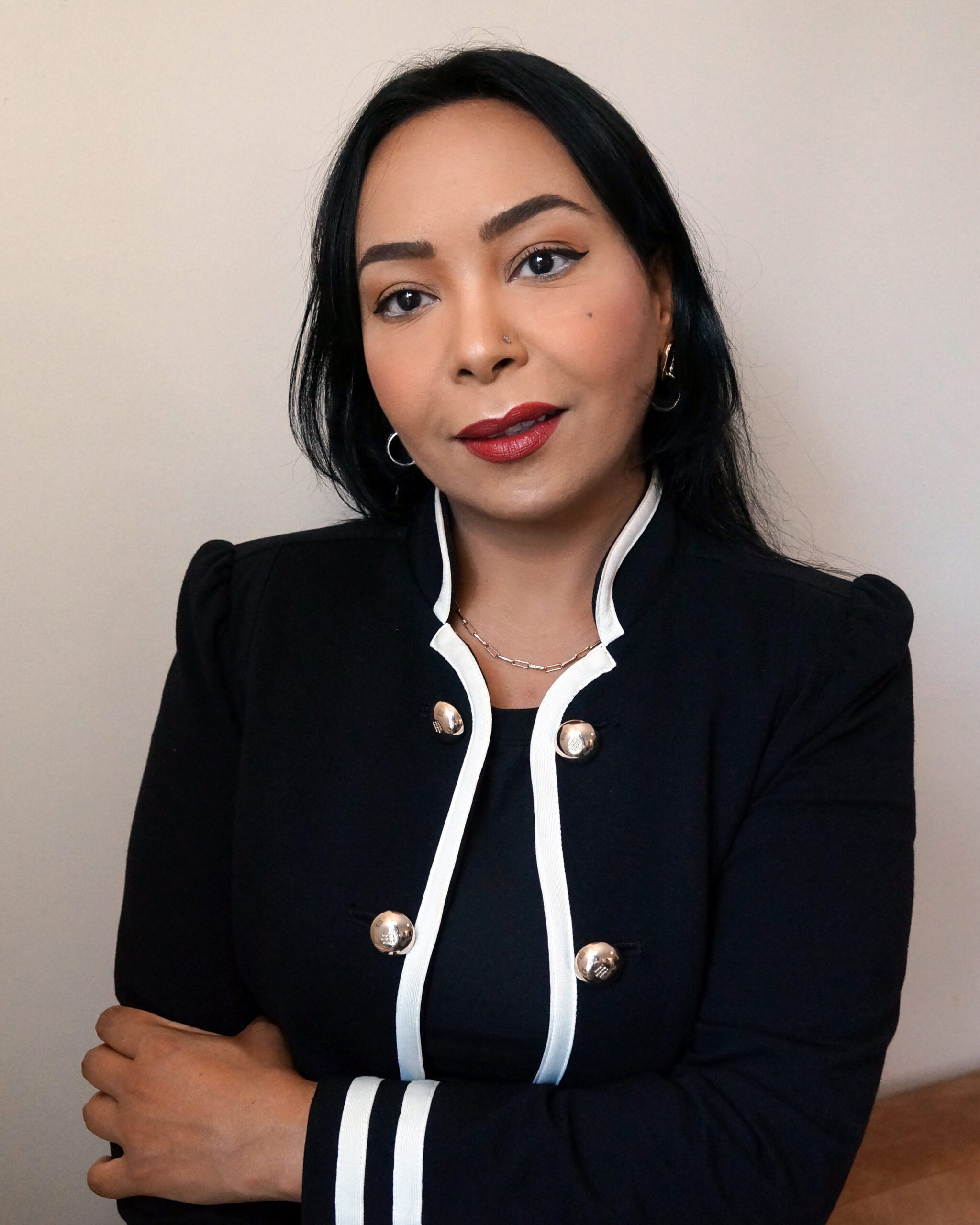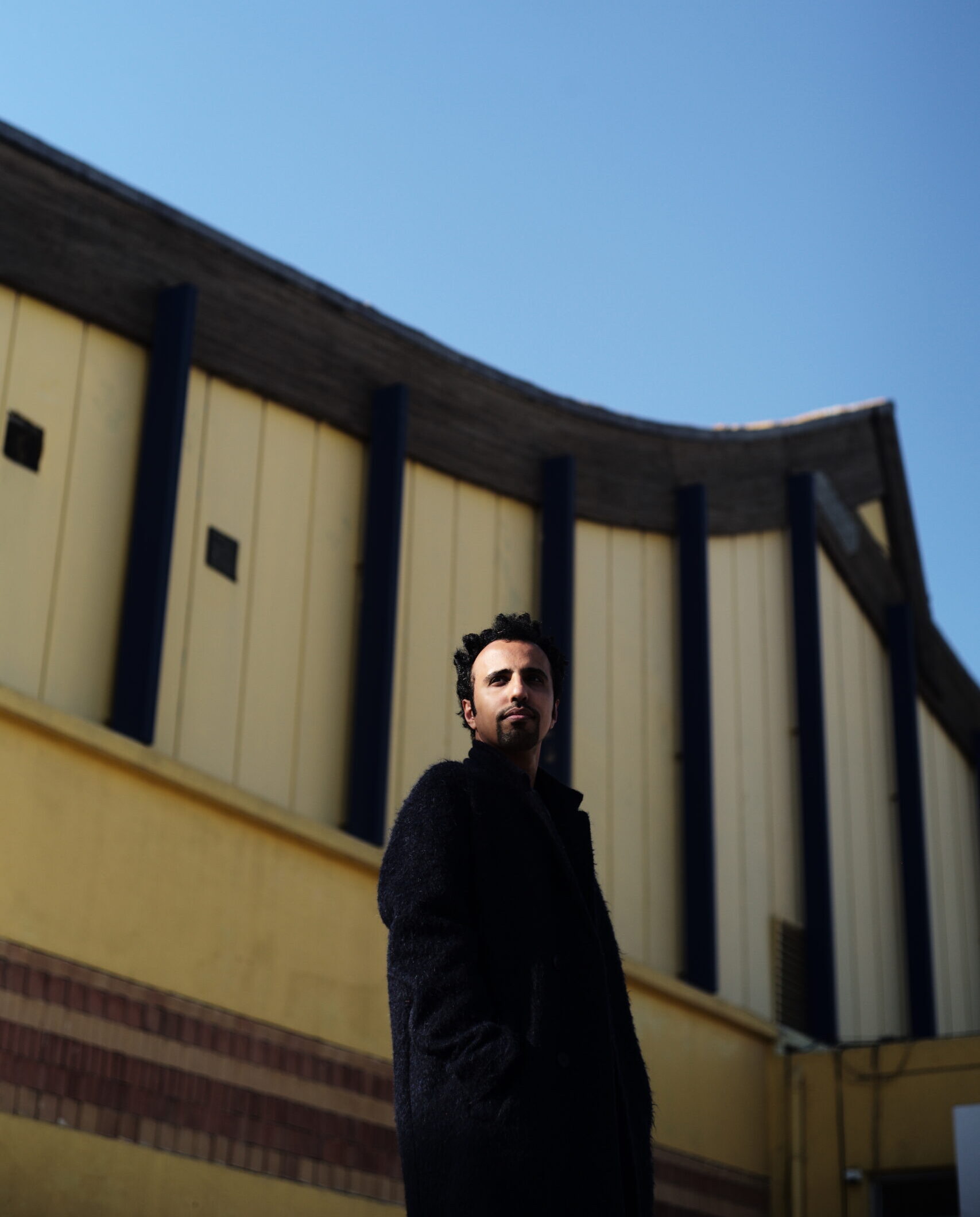Abraham Accords Face Early Test
Israeli expansionism in East Jerusalem and the attack on Al-Aqsa Mosque prompt sharp condemnation and popular support for Palestinians from Gulf signatories to the Abraham Accords.
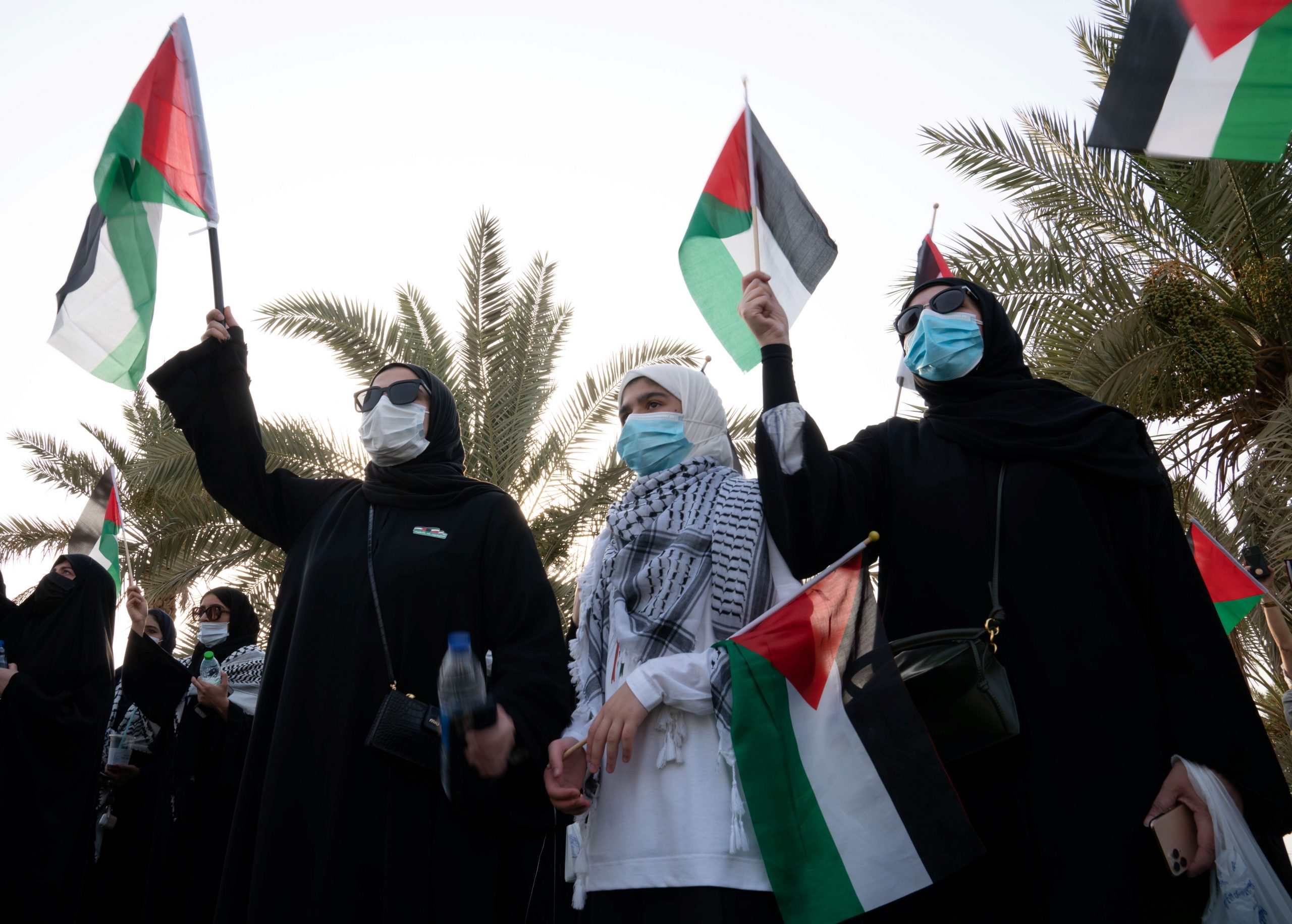
The latest flare-up in Israeli-Palestinian violence follows closely after the signing of the Abraham Accords between Israel and four Arab countries. This comes as an unwelcome early test for Israel’s new Gulf partners. Neither the United Arab Emirates nor Bahrain will cut off diplomatic relations and sacrifice budding strategic ties with Israel. But it does reveal difficult truths and raise the political costs at home and in the region.
First, it exposes the inability of these states to curb Israeli expansionism, particularly in the religiously and politically resonant city of Jerusalem. Second, it revives Arab and Islamic solidarities, setting back the project to recenter political identity on nationalism and interfaith engagement. It introduces new social media activism centered on equity and social justice, which resonates with youth. Finally, it aggravates tensions with the domestic public. In the UAE, this unease may complicate the leadership’s ambitious agenda to expand people-to-people links and socioeconomic ties with Israel. In Bahrain, it further increases the gap between the government and a civil society that, though embattled, has expressed its clear rejection of the Abraham Accords.
Government Dynamics
The Abraham Accords culminated years of closer security and intelligence coordination between key Gulf Arab states and Israel. This move to formalize ties was driven by the big strategic consideration that, with the weakening U.S. security umbrella and escalating regional competition, an open partnership with Israel could reap tangible economic and security benefits. But it was also a gamble that developing political and social ties could over time restrain Israel’s expansionist ambitions, or at least curb them to a degree that would allow relationships to mature.
The recent conflagration thus presents a most unwelcome intervention and challenge to these assumptions. It shifts the spotlight from the economic deals and new partnerships, where the UAE and Bahrain are comfortable, to the intractable Palestinian problem, where they are not. The Emirati bet – or at least pretext – that holding the Israelis closer would yield more peace, improved security, and better outcomes for the Palestinians has not yet paid off, at least not at this early stage. The initial flashpoint – the planned evictions of Palestinians from homes in the Sheikh Jarrah neighborhood of East Jerusalem – is the kind of expansionist activity the Emiratis claimed to forestall in the agreement to pause any Israeli annexation of parts of the West Bank.
Once the violence escalated to encompass the Al-Aqsa Mosque, Hamas rocket attacks on Israel, and Israeli military strikes on Gaza, Israel’s new Gulf partners had little role to play. The meaningful interventions and leverage came from other Arab countries – Jordan, which has standing in Jerusalem, and Egypt and Qatar, which have relations with Hamas and Gaza. Still both the Emiratis and Bahrainis strongly condemned the Israeli assault on Al-Aqsa. The UAE also acted quickly to back the position of Jordan as the key authority over Jerusalem’s holy sites and added its voice to those seeking an end to bloodshed, calling for a cease-fire between Israel and Hamas. Bahrain’s foreign minister held a meeting with the Palestinian Authority’s foreign minister, perhaps in an effort to shore up a shakier position at home.
Nor is this likely to be the only test of the new ties. Dynamics under a government led by Prime Minister Benjamin Netanyahu are quite different from those in the earlier era of the Oslo Accords, when Arab partners could reinforce Israeli efforts to seek a settlement with the Palestinians. Today provocations are unlikely to end as settlers press advantage in East Jerusalem and an ethno-nationalist government implements policies, such as the Jewish nation state law declaring Israel as the historic homeland of the Jewish people, that exacerbate tensions with the Arab community inside Israel.
Popular Dynamics
The UAE’s strategic alignment with Israel brings a powerful partner in security, intelligence, technology, and business. But it also represents an attempt to remake the region’s politics.
Historically the Palestinian crisis has generated pan-Arab and pan-Islamic solidarity. These emerged as strong and genuine sentiments among the masses. But they also led to “bidding” wars as states and movements championed the Palestinian cause to strengthen their political standing with their own citizens and broader Arab and Islamic publics. The new Emirati approach seeks to forestall this dynamic, which has often redounded to the benefit of Iran and Sunni Islamist movements, including Salafi jihadists.
To counter this and facilitate strategic outreach with non-Muslim powers (Israel, but also India and Russia), the UAE has been promoting an interfaith agenda and tolerance campaigns. This “peace” agenda is central to selling the new people-to-people ties with Israelis. The first several months of the Abraham Accords have already brought tens of thousands of Israeli tourists as well as Israeli business and social delegations seeking expanded ties. Plans are already in place for educational exchanges and health cooperation alongside new business ventures.
Nationalist Twitter accounts have celebrated these engagements. Meanwhile, popular skepticism is muted or couched in terms that do not explicitly contradict Emirati decision making – heeding a warning made clear at the launch of the accords.
The recent unrest has not fundamentally reversed this commitment. But it does sharpen its fundamental contradictions. Rhetorically, it revives and reinforces the Arab and Islamic solidarities at the expense of the nationalist and interfaith agenda championed by the government and structuring its ambitious foreign policy. Those supportive of Palestinians have become more emboldened in their public sympathies. And the nationalist accounts celebrating engagement with Israel have been on the defensive and even publicly chastened.
While Emirati media space is strictly regulated, the UAE cannot control the broader Arab and Gulf landscape. Pro-Palestinian demonstrations before the parliament in Kuwait were widely publicized and accompanied by appeals for others across the Gulf to symbolically join through posting their support on social media. A public demonstration of solidarity held in Qatar was attended by hundreds of people and included a speech by Hamas political leader Ismail Haniyeh. Many Arab traditional and social media networks have forcefully backed the Palestinians, including the Hamas militant response, and have openly condemned the UAE’s and Bahrain’s normalization of ties with Israel.
More traditional Islamic and Arab appeals have been matched this time by vigorous youth-led online campaigns centered on social justice and minority rights. The images of Palestinian protests and police brutality have resonated and built bridges with other social justice campaigns such as Black Lives Matter in the United States. But they have also appealed to many urban residents of the Gulf as well, bringing new youthful activism and rejuvenating the Palestinian cause.
In Bahrain, the leadership appears to be more reticent in shaping public perceptions. This may be due to the country’s strong legacy of political activism and civil society engagement on the Palestinian issue. Much of Bahraini society was more forceful in expressing anger at Israeli actions. Sporadic protests took place in Shia villages and were publicized online despite strong security controls enforced since the 2011 uprising. A broad spectrum of political societies and nongovernmental organizations coordinated in publishing a collective statement rejecting the Abraham Accords, demanding the end of diplomatic ties and the expulsion of the Israeli ambassador.
The inclusion in this statement of Sunni Islamist movements – both the Muslim Brotherhood-associated National Islamic Platform and Salafi Asala political society – is noteworthy as they have traditionally been pillars of support for the government. The National Islamic Platform rejected the accords at the time of their signing but retracted this, presumably under government pressure, instead falling back on a position of refusing to participate in normalization activities. The group has now returned to full rejection of the government position.
The Future of the Accords
The UAE has navigated the conflict in a way that will keep its critical ties with Israel intact, ending in a balanced call for a cease-fire quite consonant with the U.S. stance. Still, the recent descent into open conflict, in Jerusalem and Gaza, has underlined how little control the Gulf signatories have over Israel’s behavior. The planned Israeli evictions in Sheikh Jarrah and the storming of the Al-Aqsa Mosque during the height of Ramadan reignited public sympathies and solidarities with Palestinians, complicating the UAE’s very public and assertive normalization campaign and further distancing the Bahrain leadership from public sentiment.
A new nationalism is displacing Arab and Islamic solidarities, allowing for the UAE and Bahrain to pursue national interests including the new ties with Israel. But within Israel, the rise of ethno-nationalism is driving further Israeli expansionism and Palestinian displacement. This may be the first test of the Abraham Accords, but it will certainly not be the last.
The views represented herein are the author's or speaker's own and do not necessarily reflect the views of AGSI, its staff, or its board of directors.

